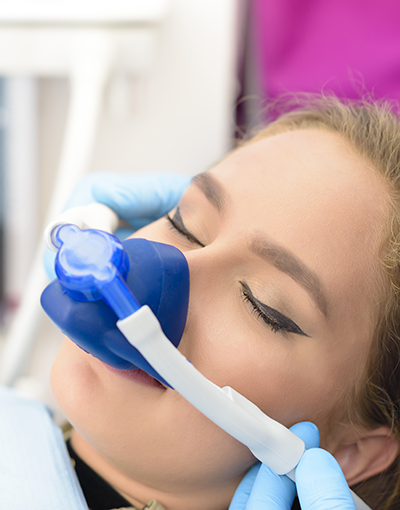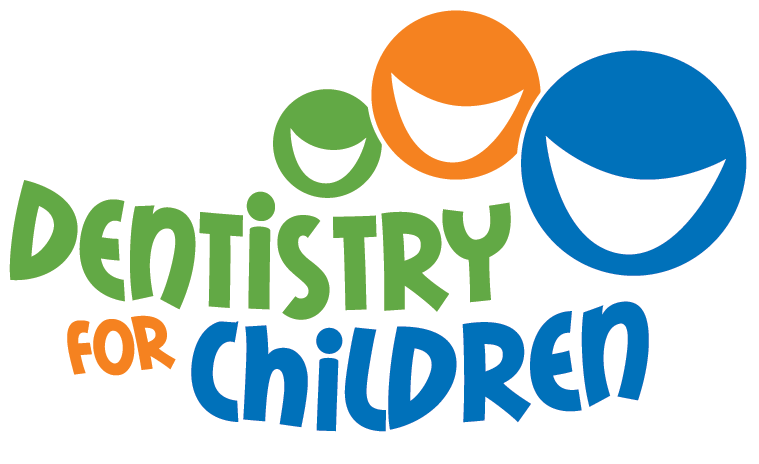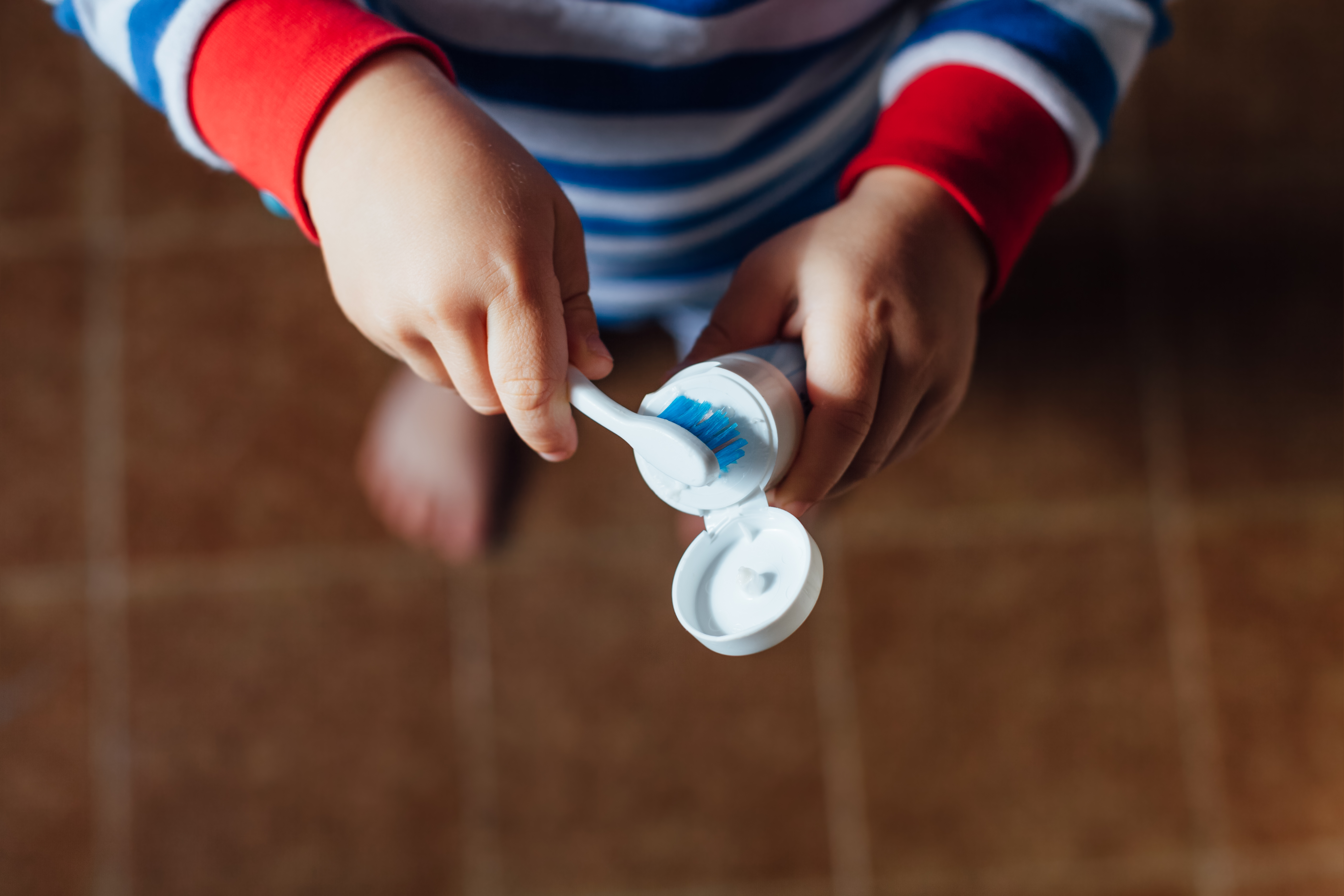
It is normal for your child to feel anxious or nervous before a dental procedure, but here at Dentistry for Children, we do everything we can to make your child safe and comfortable during their procedure. Our dentists are experts in sedation dentistry utilizing nitrous oxide/oxygen inhalation. You may know this better as “laughing gas.”
“Laughing gas” is a mild, colorless, sweet-smelling sedative used by many dentists to help facilitate dental treatment needs and ease any pain or anxiety that may accompany the procedure. It safely manages any pain and can reduce anxiety and hyperactive gag reflex associated with a dental procedure. “Laughing gas” is tolerated well by most children, and gives them a euphoric, drowsy and warming feeling to increase tolerance for longer appointments.
Using Sedation in Children’s Dentistry
Your child will inhale nitrous oxide through a tiny mask placed over the nose. He or she should not experience any adverse effects. According to the American Academy of Pediatric Dentistry, less than 0.5% of young patients have nausea or vomiting. We advise parents to keep their children from eating for 2 hours prior to the procedure so they don’t get sick while drowsy.
Dental professionals consider it the safest sedative in dentistry. Both children and adults tolerate it well. It has a rapid onset, is reversible, can be adjusted in various concentrations, and is non-allergenic.
Nitrous Oxide in a dental office is never used as a general anesthetic and is not intended to put the patient “to sleep.” Depending on the procedure, local anesthetic may still be necessary. Uncommon side effects may include but are not limited to nausea, vomiting, headache and/or slight sleepiness or disorientation.
For nitrous oxide to be effective, the patient should be feeling well and able to breathe easily through the nose. The patient should also refrain from eating a large meal prior to breathing nitrous oxide. If the patient has a cold, fever, ear infection or stuffy nose please contact us to possibly reschedule the appointment.
Recovery from nitrous oxide is fast because it is quickly eliminated from the body. The patient will breathe oxygen for 5 minutes following the procedure so that there are no restrictions for aftercare.
If you have any concerns or questions with the use of nitrous oxide, please feel free to ask our pediatric dentists or trained staff.
Types of Sedation
There are a few different types of sedation used in pediatric dentistry, and your child’s dentist will use the appropriate type based on the procedure being done. They are all designed to keep your child safe and comfortable during their treatment.
- General anesthesia: General anesthesia is conducted under the care of a trained anesthesiologist, separate from your child’s dentist. Under general anesthesia, your child will be completely asleep and feel no pain. Intubation and a breathing tube will be used in addition to an IV.
- Deep sedation with IV: Just like with general anesthesia, deep sedation with an IV is conducted and monitored by a trained anesthesiologist, separate from your child’s dentist. With deep sedation, your child will be asleep but have the ability to move while sedated. Intubation and a breathing tube is typically used with this procedure.
- Mild to moderate sedation: Mild to moderate sedation is administered orally by your child’s dentist. It helps the patient relax and feel sleepy, but will not put them to sleep. Your child will remain responsive during their procedure, and will not need intubation or a breathing tube for this type of sedation.
- Nitrous oxide: Nitrous oxide, or “laughing gas,” is a gas mixed with oxygen for your child to breathe in and provides a mild sedative effect. This will give your child a euphoric, giggly, tingling feeling that relaxes them during their procedure. They may feel slightly lightheaded or like they’re floating. Nitrous oxide is the least invasive form of dental sedation and can be easily adjusted based on your child’s tolerance.
Our dentists at Dentistry for Children are happy to help if you have any questions about the different types of sedation used in our office.
The Benefits of Using Nitrous Oxide in Pediatric Dentistry
Nitrous oxide provides a safe and effective way to manage pain and anxiety during your child’s procedure. At Dentistry for Children, your child’s peace of mind in our office is one of our top priorities, and we want coming to the dentist to continue to be a positive experience. Nitrous oxide provides a relaxing state for longer procedures so we can help your child achieve healthy smiles for life.
Is Nitrous Oxide Safe for Children?
Nitrous oxide is safe for children during their dental procedure. We follow the American Academy of Pediatric Dentistry guidelines for our procedures, which requires 2 medical professionals present during the treatment or dental procedure. Following the procedure, your child’s dentist will give them pure oxygen to eliminate nitrous oxide in their system so they can feel less drowsy the rest of the day. Avoid giving your children solid foods before the procedure and dress them in a comfortable outfit to ensure the procedure goes smoothly.
Post Sedation Procedure Instructions
After the procedure, be sure to monitor your child and give them soft foods such as mashed potatoes, lukewarm soup or smoothies to soothe any discomfort. Encourage your child to drink lots of water to stay hydrated and give them an ice pack if necessary to ease any swelling. In conclusion, help your child feel comfortable and relaxed, and they will feel brand new in no time! If you have any questions or concerns about dental sedation, please contact any of our 22 Atlanta-area locations. We’re here to help!




 Find Us
Find Us